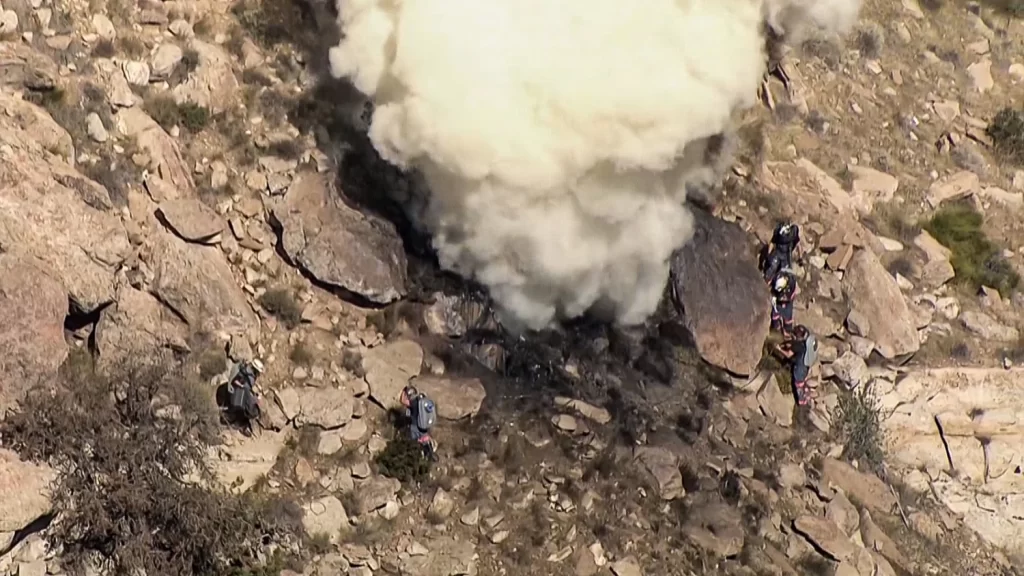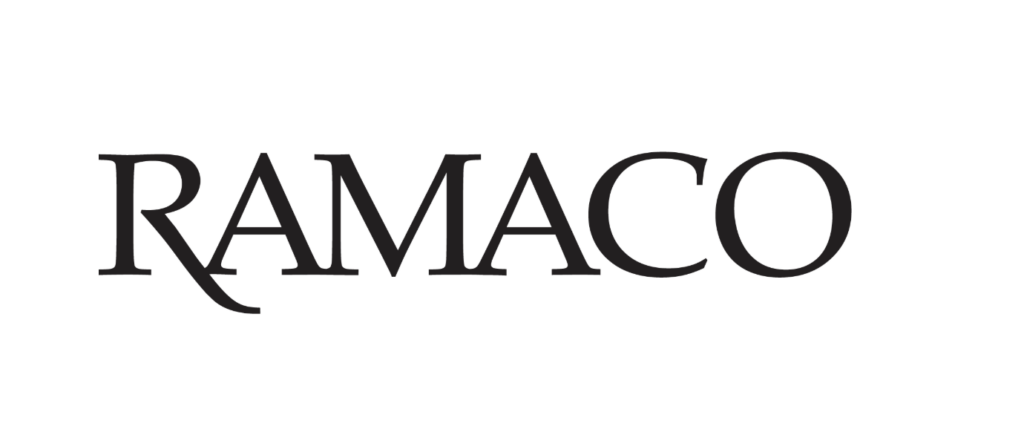
Australian coking coal exports dropped 4% y-o-y to 134.85 million tonnes (mnt) in January-November 2023 as against 140.25 mnt in same period last year. However, exports rose by 13% m-o-m to 13.18 mnt in November as against 11.67 mnt in October.
Weather challenges
Australia’s coking coal exports dropped 15% on the year to 31.78 mnt in January-March 2023 due to heavy rains and floods disrupting supplies, particularly in northern and central Queensland. Abbot Point port’s coking coal shipments fell 60% in January, contributing to a backlog of ships at Queensland coal ports.
Shipments to key countries like India, Japan, and South Korea fell in January on a monthly basis. In February, exports fell 13% m-o-m to 9.13 mnt, facing short-term delays due to train derailments and Gladstone Port closure, pushing PHCC FOB Australia prices up by 10% to $329.7/t.
Exports decline amid mine suspension
Australian coking coal exports fell by 10% m-o-m to 11.24 mnt in September, as operations were suspended at BHP Mitsubishi Alliance’s Peak Downs mine. The suspension was initiated by Resources Safety and Health Queensland due to two trucking incidents. The halt in truck operations impacted supply, contributing to a surge in spot PHCC prices by 17% m-o-m to $302.42/t in September. The suspension, resulting from safety concerns, has impacted one of Australia’s major coal mines, affecting exports.
Hunter Valley maintenance
In November, exports were impacted as the Australian Rail Track Corporation (ARTC) initiated maintenance on the Hunter Valley line. This crucial railway connects Narrabri in central New South Wales to the port of Newcastle, facilitating the transportation of more than 200 mnt of coal annually from over 40 mines in the Hunter Valley and Gunnedah Basin.
Country-wise exports

India, formerly the largest buyer of Australian coking coal, experienced an 11% y-o-y decline in imports at 37.02 mnt from January-November 2023, compared to 41.27 mnt in the same period last year.
Indian buyers diversified their sources, increasing procurement from Russia and Mozambique due to competitive prices. SAIL, announced plans to boost coking coal purchases from Russia. Shipments to India increased by 6% m-o-m, reaching 3.64 mnt in November 2023, constituting nearly 30% of total exports for that month.
Shipments to Japan fell by 7% m-o-m to 2.50 mnt in November as against 2.70 mnt in October. Imports by Europe and Vietnam surged more than twofold to 1.69 mnt and 0.99 mnt, respectively.
China’s coking coal imports from Australia rose by 4% m-o-m to 0.90 mnt in November. China has stepped up its purchase from Australia amid the spike in domestic prices caused by disruptions in domestic production due to ongoing inspections at Chinese mills. This situation has compelled traders to seek seaborne coal as an alternative to meet increased demand.
Port-wise exports

Exports from Gladstone rose 8% m-o-m to 4.27 mnt in November as against 3.94 mnt in October. Shipments from DBCT stood at 4.06 mnt in November as against 4.24 mnt in October. Supplies from Hay point and Abbot Point rose by 53% and 24%, respectively, in the month under review.
Dartbrook coal mine set to restart operations
In a significant recent development, Australia’s Pacific Coal secured funding from Vitol Asia Ltd. to reopen the Dartbrook mine in New South Wales, closed since 2007. Plans of initial production from the Dartbrook site is in the first quarter of 2024 and the deal includes a sales and marketing agreement with Vitol.
Outlook
Australian coking coal exports fell 4% y-o-y in January-November on mine suspensions followed by inclement weather conditions. Coal exports may decline as shipping faces disruptions due to weather-related issues.









